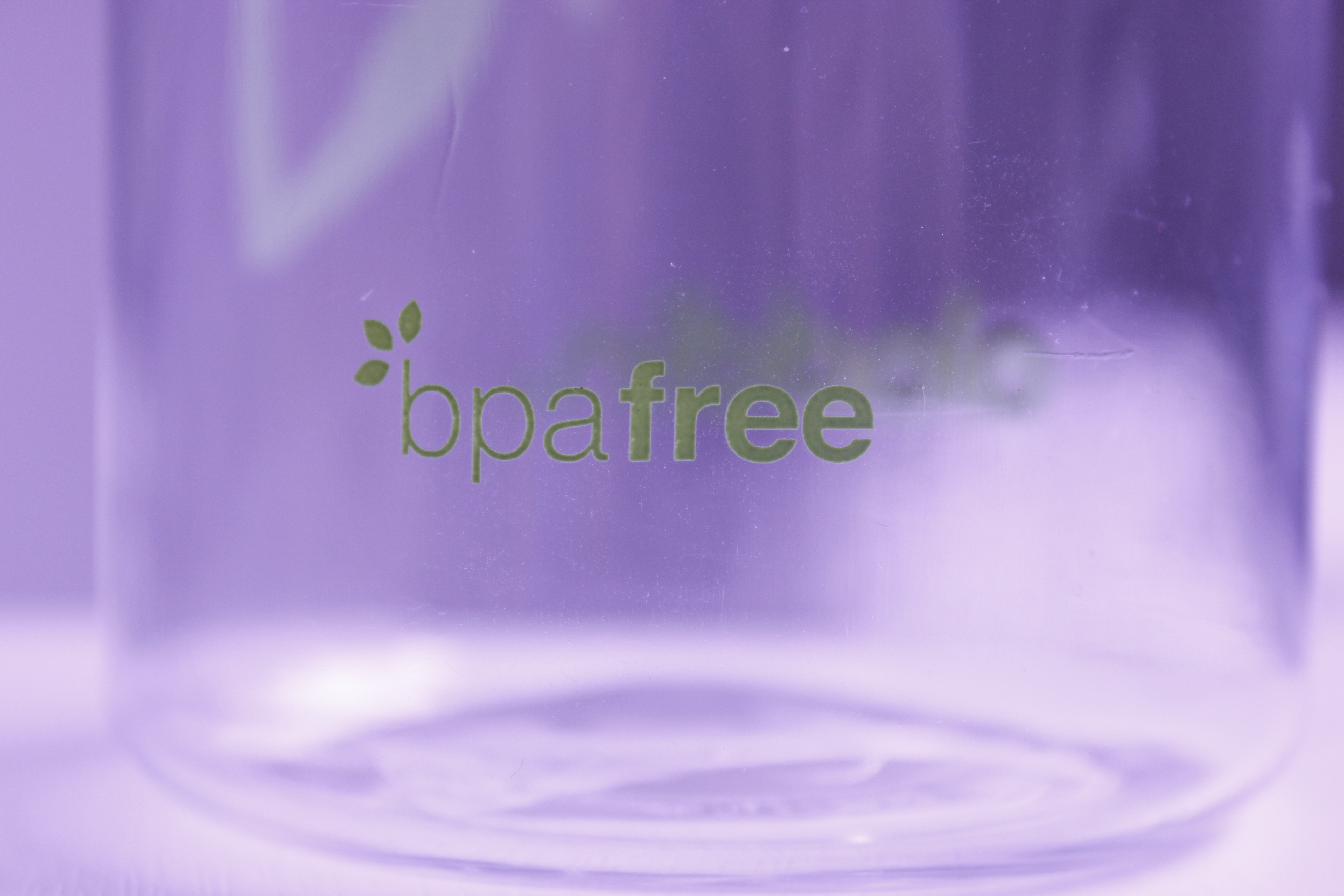
Study Finds School Meals May Contain Unsafe Levels of BPA
Students may be getting a less-than-nutritious extra ingredient in the lunches and breakfasts they eat in their school cafeterias, a new study suggests. Whether it's enough to worry about, though, is a matter of dispute.
Researchers at Stanford University and the Johns Hopkins University's Bloomberg School of Public Health say school-prepared meals may contain unsafe levels of bisphenol A, or BPA. Often found in canned foods and plastic packaging, the widely used chemical can mimic human hormones. Research has shown it can harm the developing brains and bodies of fetuses, infants and children.
October 4, 2015 | Source: The Baltimore Sun | by Timothy B. Wheeler
Students may be getting a less-than-nutritious extra ingredient in the lunches and breakfasts they eat in their school cafeterias, a new study suggests. Whether it’s enough to worry about, though, is a matter of dispute.
Researchers at Stanford University and the Johns Hopkins University’s Bloomberg School of Public Health say school-prepared meals may contain unsafe levels of bisphenol A, or BPA. Often found in canned foods and plastic packaging, the widely used chemical can mimic human hormones. Research has shown it can harm the developing brains and bodies of fetuses, infants and children.
“There are known sources of BPA being used in school food,” said Jennifer C. Hartle, a postdoctoral research fellow at Stanford and lead author of the study, which was recently published in the Journal of Exposure Science and Environmental Epidemiology.
She suggested parents should press their school systems to see that their children are fed fresh rather than canned or prepackaged fruits and vegetables.
“Everybody knows about pesticides as a potential problem with food,” she said. “Well, the packaging is something else to consider.”
But the head of the Maryland-based School Nutrition Association and a spokesman for the chemical industry countered that the study really gives parents no cause to worry about how much BPA their children may be getting in school lunches and breakfasts. The levels calculated in the study are all below established safety limits, they said.
